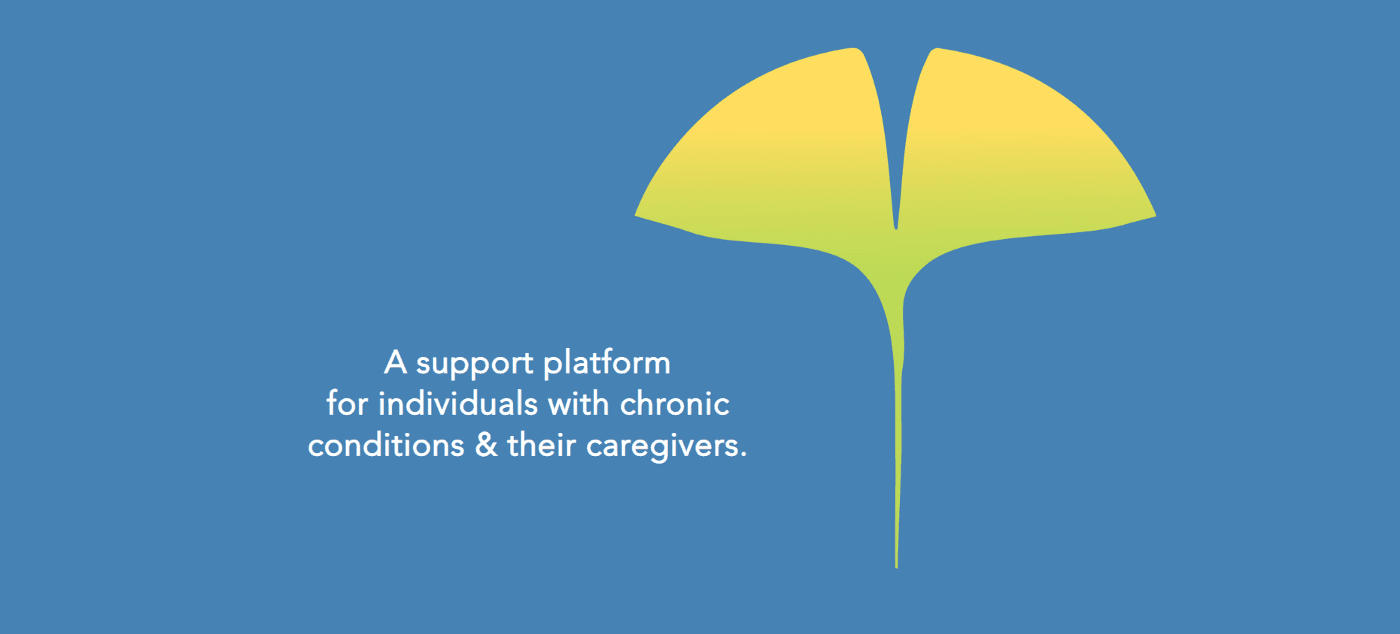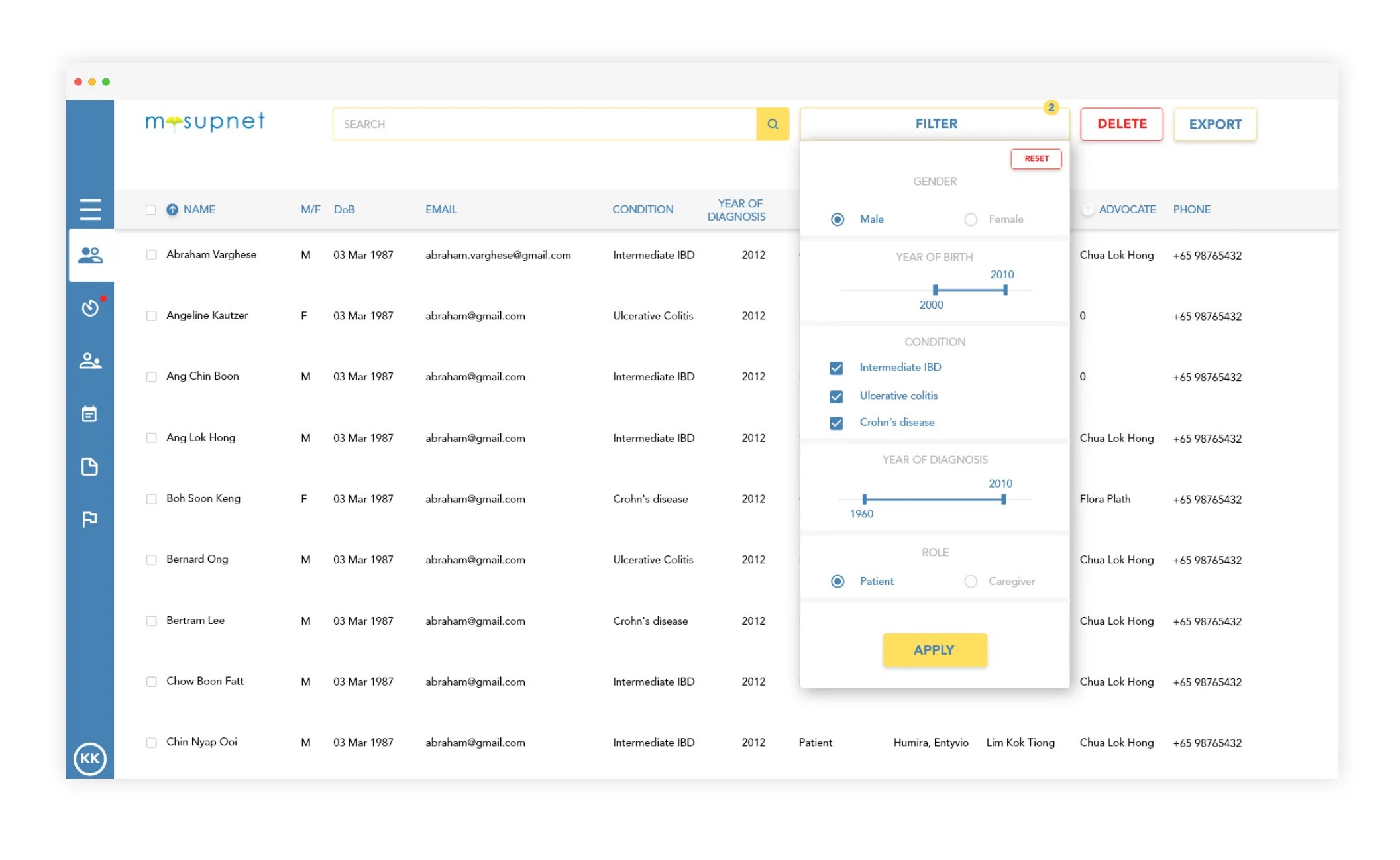THE CHALLENGE
Chronic diseases are lifelong medical conditions like heart disease, stroke, hypertension, diabetes, depression etc. which are typically progressive. They are the leading cause of death in the world but are often associated with a behavioural component, which can be modified by keeping the patients engaged. For this, the patients need to be active, collaborative participants in a support system.
Support Group
Support groups allow you to interact and connect with people who have been in a similar situation to you. Sharing information about similar experiences can help you understand more about your own situation and give you an opportunity to feel ‘heard’.
A social feed in a closed community where members and posts are moderated by support group admins. Members can share real stories, daily experiences with meds and treatments, emotions, forgotten questions, goals and progress etc. in a safe space. The content would be relevant and relatable and not just advice from medical professionals.
New members will be assigned mentors who are also patients, but have lived with the disease for a longer period. A private 1-on-1 chat with the mentors assigned by the support group admins, carefully chosen for best fit. These mentors have been found to be more successful in bringing lifestyle changes with patients than medical professionals due to a phenomenon called culturally congruent coaching.
A dedicated channel for the support groups can send event invites, reminders, notify about the latest research or new meds, surveys & feedback — a trusted source for members. Currently, it just gets lost in the large Whatsapp group chats.
Implementation
In this complete flow, the admin of the support groups are given the access of the admin panel where they can check each and every small details about their support group. Each patient who comes to join the support group needs to get an approval from this admin. Any patient can post any number of post in the support group. Any patient can flag any other post which is reviewed by the admin of the support group.
Each patient is assigned a mentor who can discuss all the challenges faced by the patient. Also a large disease resource can be added by admin of the support group which can be used by the patient to explore more depth of the disease.
Conclusion
It is important to enable patients and caregivers to access and participate in a support platform with ease of mind.










